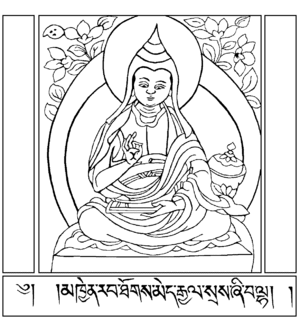A Quote by W. Somerset Maugham
It is not true that suffering ennobles the character; happiness does that sometimes, but suffering for the most part, makes men petty and vindictive.
Related Quotes
The world is full of suffering. Birth is suffering, decre- pitude is suffering, sickness and death are sufferings. To face a man of hatred is suffering, to be separated from a beloved one is suffering, to be vainly struggling to satisfy one's needs is suffering. In fact, life that is not free from desire and passion is always involved with suffering.
Why do men learn through pain and suffering, and not through pleasure and happiness? Very simply, because pleasure and happiness accustom one to satisfaction with the things given in this world, whereas pain and suffering drive one to seek a more profound happiness beyond the limitations of this world.
It is no wonder if, under the pressure of these possibilities of suffering, men are accustomed to moderate their claims to happiness - just as the pleasure principle itself, indeed, under the influence of the external world, changed into the more modest reality principle -, if a man thinks himself happy merely to have escaped unhappiness or to have survived his suffering, and if in general the task of avoiding suffering pushes that of obtaining pleasure into the background.
Nobody wants to see the truth. Everybody wants to have the fantasy. When I look back at the books I was reading in my childhood were selling some sort of fantasy as well. Most stories are not going to tell the deep suffering of every day. No book prepared me for the suffering I would experience in life because the word "suffering" does not even describe what the suffering is. No story is going to tell you that, and no words can tell you that.
The difference between shallow happiness and a deep, sustaining joy is sorrow. Happiness lives where sorrow is not. When sorrow arrives, happiness dies. It can't stand pain. Joy, on the other hand, rises from sorrow and therefore can withstand all grief. Joy, by the grace of God, is the transfiguration of suffering into endurance, and of endurance into character, and of character into hope--and the hope that has become our joy does not (as happiness must for those who depend up on it) disappoint us.



































